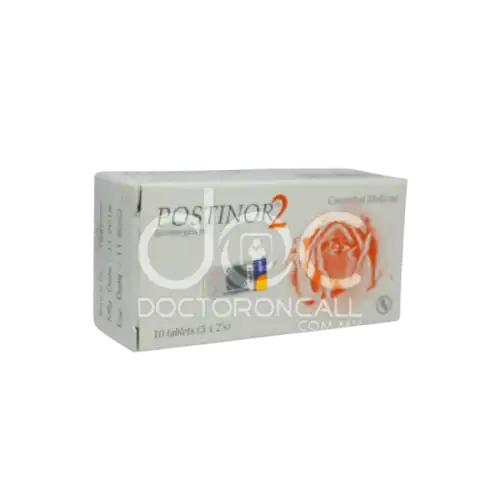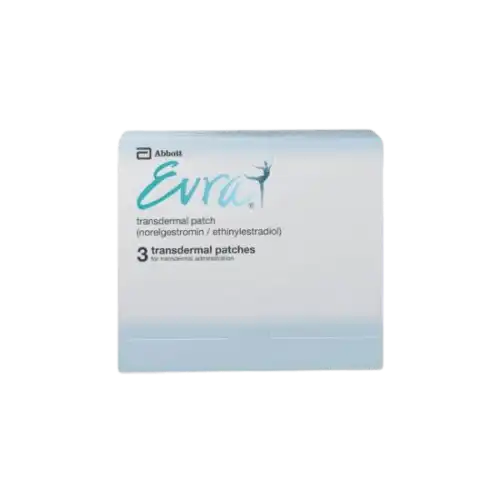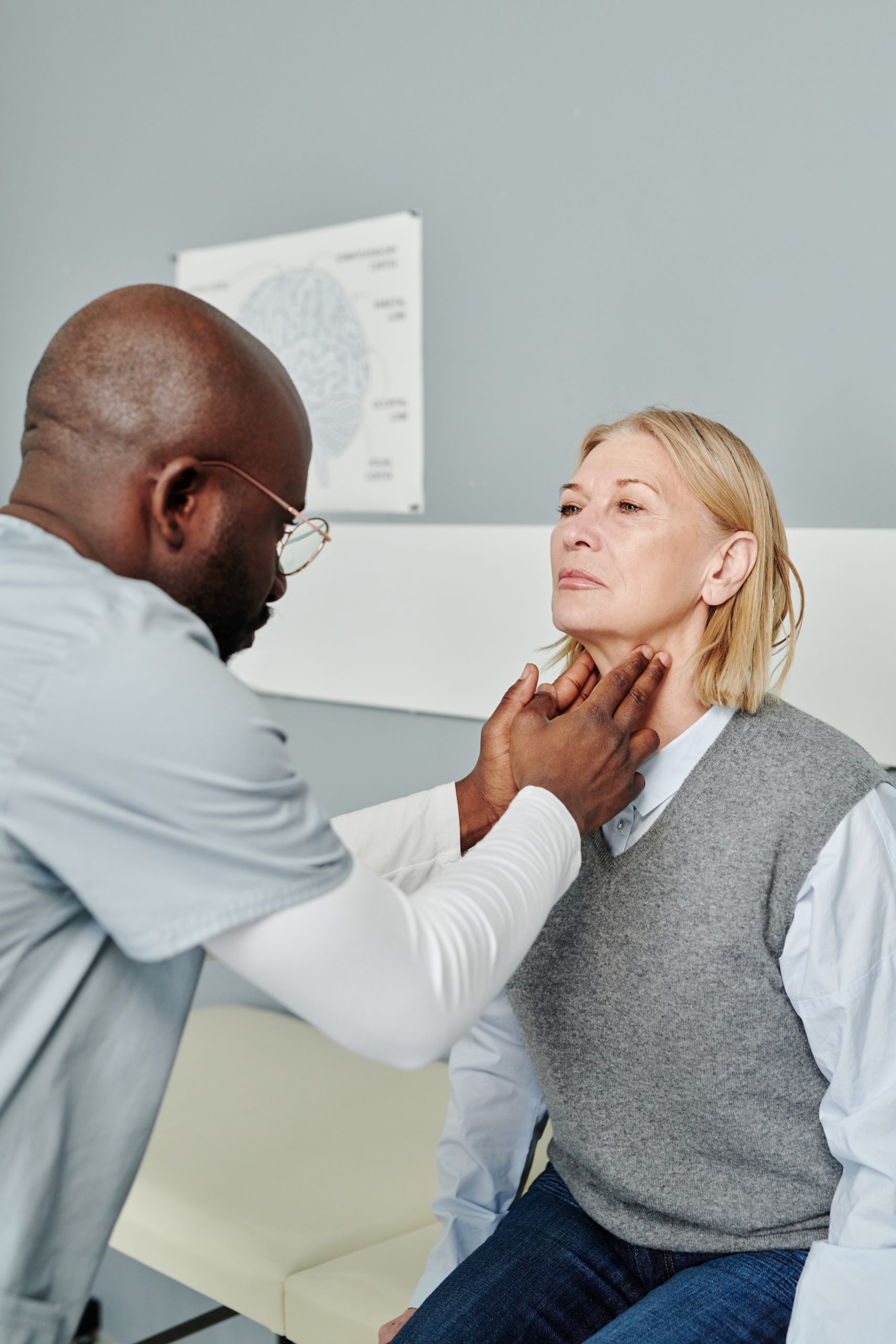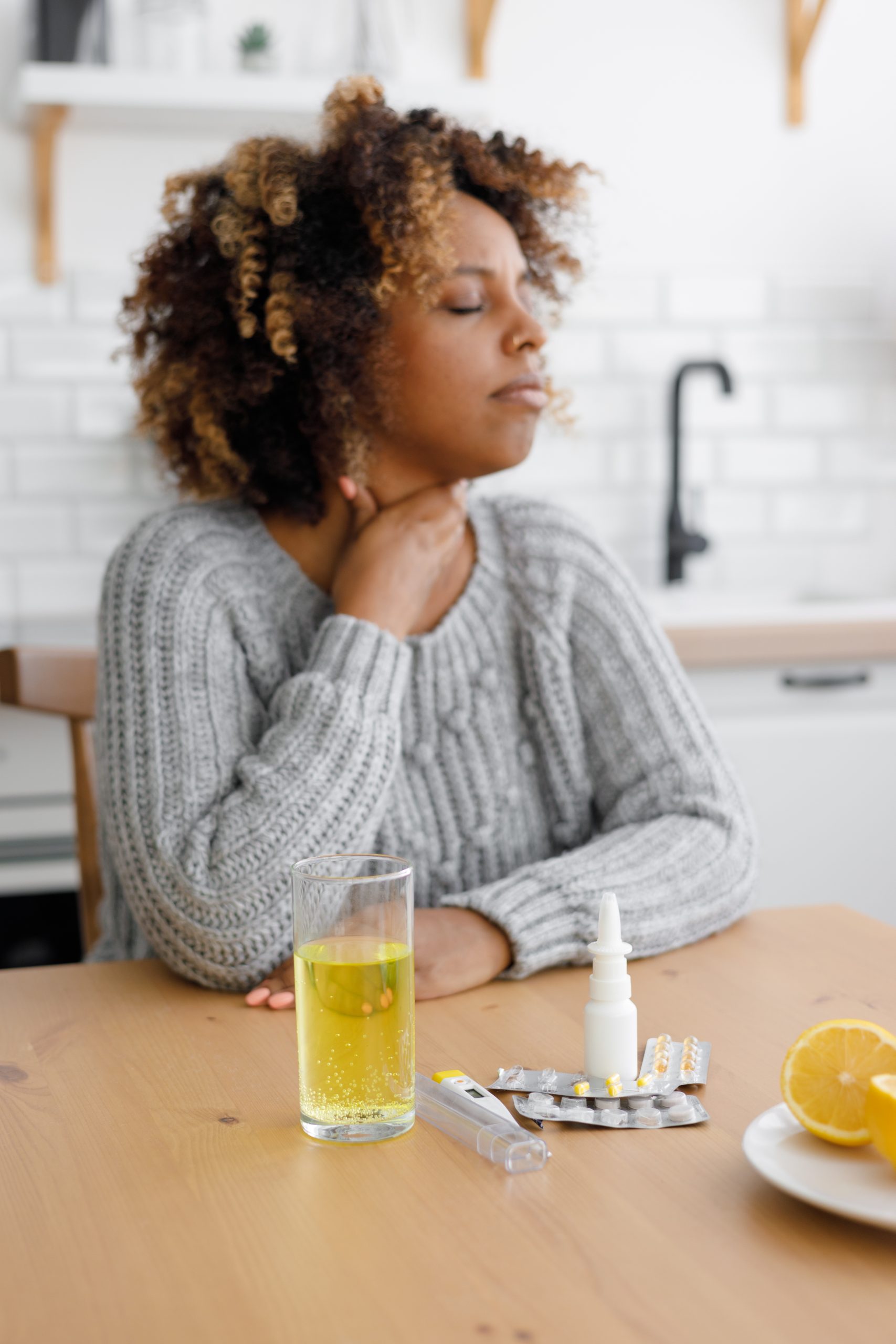Everything You Should Know About Birth Control in Singapore

Birth control is an important part of family planning and women’s health in Singapore. There are many options to choose from, like birth control pills, patches, and non-hormonal methods, each designed for different needs. Birth control can help prevent pregnancy, regulate hormones, ease menstrual pain, and manage conditions like PCOS or endometriosis. In Singapore, you can easily find products like Cerazette, Postinor, and Liz at pharmacies, clinics, and from healthcare providers. Let’s take a closer look at the different options to help you find what works best for you.
Types of Birth Control Available in Singapore
There are several types of birth control available in Singapore, from hormonal pills to non-hormonal. Here are some facts of the main categories:
- Oral Contraceptive Pills
One of the most common birth control methods. Contain hormones (estrogen and/or progestin) that prevent ovulation and make it harder for sperm to reach the egg (Cleveland Clinic, 2023).
Popular Products:
A progestin-only pill (also known as the mini-pill), ideal for women who cannot use estrogen-based contraception. It’s also suitable for breastfeeding mothers. Cerazette must be taken at the same time every day to maintain effectiveness.

Contains both estrogen and progestin. Yasmin is known for its ability to reduce acne and bloating, making it a popular choice for women seeking additional benefits beyond pregnancy prevention.

Another combined pill, Microgynon, is widely prescribed for its reliability and affordability. It’s often recommended for women to take this medication.

Similar to Yasmin, Liz is a combined pill that offers effective contraception while helping to regulate periods and reduce premenstrual symptoms.

How to Use
: Typically taken once a day for 21 days, followed by a 7-day break (or placebo pills). During the break, you’ll experience withdrawal bleeding, similar to a period.
| Pros | Cons |
|---|---|
| Highly effective when taken correctly. | Requires daily commitment. |
| Can help manage your period and ease menstrual pain. | May cause side effects (eg: nausea, headaches, or mood changes). |
| Some pills offer additional benefits like clearer skin. |
- Emergency Contraception
Used to prevent pregnancy after sexual intercourse or birth control failure (WHO, 2021). It’s not meant to replace regular birth control methods but is a backup option.
Popular Product:
Also known as the morning-after pill, Postinor contains a high dose of progestin and is effective if taken within 72 hours of unprotected intercourse. Taking it sooner might increase its effectiveness.

How to Use
: A single-dose pill or a two-dose regimen, depending on the product. Follow the instructions carefully.
| Pros | Cons |
|---|---|
| Provides a safety net after contraceptive failure. | Less effective than the common birth control methods. |
| Can buy at pharmacies without prescription. | May cause temporary side effects (eg: nausea or irregular bleeding). |
- Contraceptive Patch
A small patch that releases hormones. It’s a convenient alternative to daily pills.
Popular Product:
Delivers a combination of estrogen and progestin. It’s worn on the skin and replaced once a week for three weeks, followed by a patch-free week (Mayo Clinic, 2024).

How to Use
: Apply the patch to clean, dry skin on areas like the buttocks, abdomen, or upper arm. Replace the patch weekly.
| Pros | Cons |
|---|---|
| Changed just once a week. | May cause skin irritation at the application site. |
| Easy to use, doesn’t require daily attention. | Less discreet than pills or implants. |
- Other Hormonal Methods
Aside from pills and patches, there are other hormonal contraceptives available such as injections and implants (Better Health, 2022). These are long-acting methods that don’t require daily or weekly maintenance.
- Non-Hormonal Methods
For those who prefer not to use hormones, non-hormonal options like condoms, diaphragms, or copper intrauterine devices (IUDs) are viable alternatives Rope, 2023). These methods do not interfere with your natural hormonal balance.
Choosing the Right Birth Control for You
There are several factors on choosing the suitable birth control method. Here are some key considerations:

Health Conditions
If you have certain medical conditions (e.g., high blood pressure, migraines, or a history of blood clots), some hormonal methods may not be suitable for you. Consult your doctor for guidance.

Lifestyle
If you’re forgetful or have a busy schedule, long-acting methods like the patch or an implant may be more convenient than daily pills.

Side Effects
Different methods can cause different side effects. It may take time to find the best option for your body.

Cost
Birth control costs can vary widely. Generic options like Microgynon are often more affordable, while branded products like Yasmin or Evra may be pricier.
Where to Get Birth Control in Singapore
Conclusion
Birth control is an empowering way to take control of your reproductive health. In Singapore, there are various options like Cerazette, Postinor, Evra, Yasmin, Microgynon, and Liz to suit different needs. The best method is the one that fits your lifestyle and health, so always consult a healthcare professional for guidance.
Understanding your options is key to making the right choice, whether you want to prevent pregnancy, regulate your cycle, or manage hormones. There’s a solution for everyone.
Reference
- World Health Organization. (2021). Emergency contraception. World Health Organization. https://www.who.int/news-room/fact-sheets/detail/emergency-contraception#:~:text=Emergency%20contraception%20(EC)%20can%20prevent,assault%20if%20without%20contraception%20coverage.
- Cleveland Clinic. (2023). Birth control pills (under Treatments & Procedures). Cleveland Clinic. https://my.clevelandclinic.org/health/treatments/3977-birth-control-the-pill
- Mayo Clinic. (2023). Birth control patch. In Tests & procedures. Retrieved November 25, 2024, from https://www.mayoclinic.org/tests-procedures/birth-control-patch/about/pac-20384553
- Better Health Channel, Victoria State Government, Department of Health. (2022). Contraception – choices. https://www.betterhealth.vic.gov.au/health/healthyliving/contraception-choices
- Rope, K. (2023). Nonhormonal birth control. In Birth control guide. WebMD. https://www.webmd.com/sex/birth-control/non-hormonal-birth-control-options
FAQ
Yes, in Singapore, you need a prescription to obtain birth control. Birth control pills, patches, and other hormonal contraceptives are available only with a prescription from a doctor.
The most popular birth control methods in Singapore are birth control pills and the contraceptive injection. The pill is widely used due to its convenience and effectiveness, while the contraceptive injection is also a common choice for women seeking longer-term protection. Additionally, the birth control patch and intrauterine devices (IUDs) are gaining popularity among women in Singapore.
No, birth control is not illegal in Singapore. In fact, it is widely available and used. The government supports family planning, and various forms of contraception, including birth control pills, condoms, intrauterine devices (IUDs), and the contraceptive injection, are accessible through clinics and healthcare providers. However, there may be cultural and societal factors that influence how openly contraception is discussed.
To buy contraceptive pills in Singapore:
1. Public Clinics: You can also get them at polyclinics, often at lower costs.
2. Consult a Doctor: Get a prescription after a health assessment.
3. Visit a Pharmacy: Purchase the pills with your prescription at licensed pharmacies.
In Singapore, you generally need a prescription from a doctor to get birth control pills. However, some online services may offer consultations and prescriptions without an in-person visit. Always check with local regulations or healthcare providers to ensure you are following the proper process.
Yes, in Singapore, you can buy morning-after pills (emergency contraception) over the counter at pharmacies. No prescription is required, but it’s recommended to consult a healthcare professional for guidance on proper usage.
To prepare for birth control, follow these steps:
1. Consult a Doctor: Discuss your options based on your health and lifestyle.
2. Choose a Method: Decide between options like the pill, patch, IUD, or others.
3. Know the Risks: Be aware of potential side effects and any health conditions that may affect your choice.
4. Get a Prescription: For methods like the pill or patch, a prescription may be needed.
5. Understand the Instructions: Learn how to use your chosen method correctly to ensure effectiveness.
6. Have Follow-up Appointments: Regular check-ups to monitor your health and adjust if necessary.
The birth control pill can stop or alter your period, depending on the type you use:
- Combined Pill: Typically, it regulates your period, making it more predictable and lighter. Some women may skip their period entirely if they use a specific type of pill or skip the placebo week.
- Progestin-only Pill: This type may cause irregular bleeding or stop your period altogether for some women.
In both cases, periods may be lighter or less frequent, but it’s normal to still have them. Always consult your doctor if you’re considering changes to your cycle.
Birth control pills can have some side effects, although not everyone experiences them. Common side effects include nausea, headaches, and mood changes. Some users may also experience breast tenderness, irregular bleeding or spotting, and, in rare cases, weight changes. Decreased libido can occur for some individuals. Most of these side effects are temporary and tend to subside after a few months of use. If any side effects persist or become concerning, it’s important to consult a doctor to discuss adjusting your prescription.
When on birth control pills, it’s important to avoid the following:
- Missing doses: Skipping pills can reduce their effectiveness and increase the risk of pregnancy. Take them at the same time every day.
- Certain medications: Some medications, including certain antibiotics, anticonvulsants, and herbal supplements like St. John’s Wort, can interfere with the effectiveness of birth control pills. Always check with your doctor before starting new medications.
- Smoking: Smoking, especially if you’re over 35, can increase the risk of serious side effects, like blood clots, when using birth control pills.
- Unprotected sex: If you’ve missed a dose or experienced vomiting or diarrhea, the pill might not be as effective. It’s a good idea to use backup contraception, such as condoms, during these times.
- Excessive alcohol: While alcohol itself doesn’t affect birth control, it can impair your ability to remember to take your pill on time, which can impact effectiveness.
Always follow your doctor’s guidance to ensure birth control pills work as intended.












